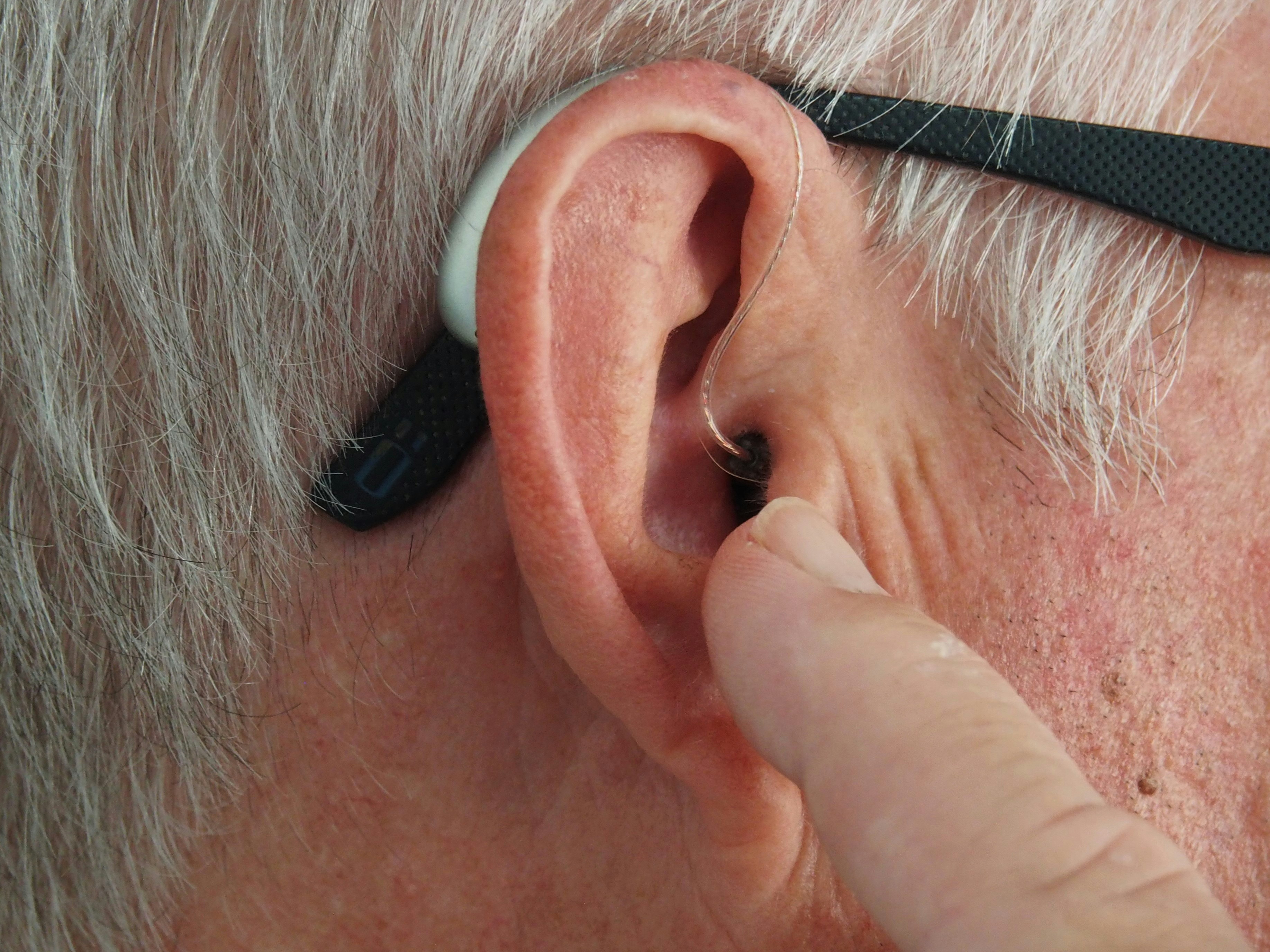While people of all ages can suffer from hearing loss, the likelihood of experiencing it to some degree after the age of 55 is one in four. This statistic increases to one in two after the age of 65. With numbers like these, failing to get a hearing test can impact your health and your quality of life. Chronic noise and aging can both be risk factors for hearing loss, so getting your hearing checked at any age is an important part of a healthy routine.
The Importance Of Your Ears
Most of us see our doctor for annual physicals because we know it’s good for our overall health. We understand that wellness checks can detect any medical problems before they become major health risks. When it comes to our hearing, however, far too many people don’t get regular screenings. As a result, hearing loss can become a problem that could have been avoided had it been diagnosed and treated early. This is why it is just as important to see an audiologist for a hearing assessment as often as you visit your doctor, dentist, or optometrist.
Hearing loss has been shown to cause social isolation and depression. This is because people who can’t hear well often find it hard to communicate with others. In social settings, this can lead to stress and, over time, these people tend to withdraw and isolate.
Hearing also plays a key role in the awareness of your environment. Because of this, hearing problems interfere with your ability to be aware of what’s around you. As this occurs, you may become more at risk for falling. According to health experts, your balance and gait can be impacted by your ability to hear. If your hearing begins to fail, your risk of serious injury due to a fall increases.
If you suffer from sudden or unexplained hearing loss, especially if you’re not yet 55, then it could be a symptom of a larger health issue. Diabetics are twice as likely to suffer from hearing loss. Additionally, there’s a link between hearing loss and cardiovascular disease. A hearing test might allow you to rule these illnesses out or catch and treat them early.
The overall health of your ears is also important. Having a routine hearing test will check this out as well. Problems such as wax buildup, abnormal growths, and infections can all be risk factors for hearing loss. If you catch and treat these things early it is likely that there you will not suffer from permanent hearing loss.
Hearing Screening

Hearing loss will impact your quality of life and can lead to other health problems. Since this is such an important issue, the next question should be how to get a hearing screening.
Today it has
become easier than ever to get a hearing screening. You can even have
your hearing checked from the comfort of your own home. Various formats
are available from in-person screenings with an audiologist to checking
your hearing over the phone or the internet. Hearing Health USA offers
several options for a hearing assessment
at a nation-wide network of clinics across the United States. They even
offer an online assessment that can determine if you need a full
hearing evaluation. To take this online assessment, all you will need is
a device with speakers or headphones that is connected to the internet.
These tests can check for things such as difficulties understanding
speech, tinnitus (ringing or chirping), and impacts due to noise
exposure. Having a hearing assessment could be the first step to
regaining better hearing.
Hearing Loss Treatment

If you have hearing problems, there are treatments available to help you regain some hearing. Treatment will depend on the cause and severity of your hearing loss. Hearing problems can stem from issues in the middle ear or inner ear. Depending on the issues, treatment plans will vary.
Some problems could be attributed to something as simple as a buildup of earwax. Your doctor can remove earwax using suction or small tools and may be able to restore your hearing in a few minutes. Some types of hearing loss may need to be treated with surgery. Your doctor may recommend a surgical procedure to correct abnormalities of the eardrum or bones. If you are prone to ear infections and have a buildup of fluid, your doctor could insert small tubes that help your ears drain and restore your hearing.
If your hearing loss is a result of damage to your inner ear, hearing aids may help restore some of your hearing. An audiologist can help you find hearing aids and fit you with a device. If you have more severe hearing problems, then a cochlear implant may be an option offered by your doctor. Unlike a hearing aid, a cochlear implant bypasses the damaged parts of your ear and works on your hearing nerve. Both of these options can help restore a great deal of your hearing.
Hearing screenings should be a regular
part of your wellness routine. These assessments are important tools
that can identify hearing loss in children and adults, and they can be
utilized from your home. Staying up to date with your hearing screenings
might help save your hearing, so get one sooner rather than later.